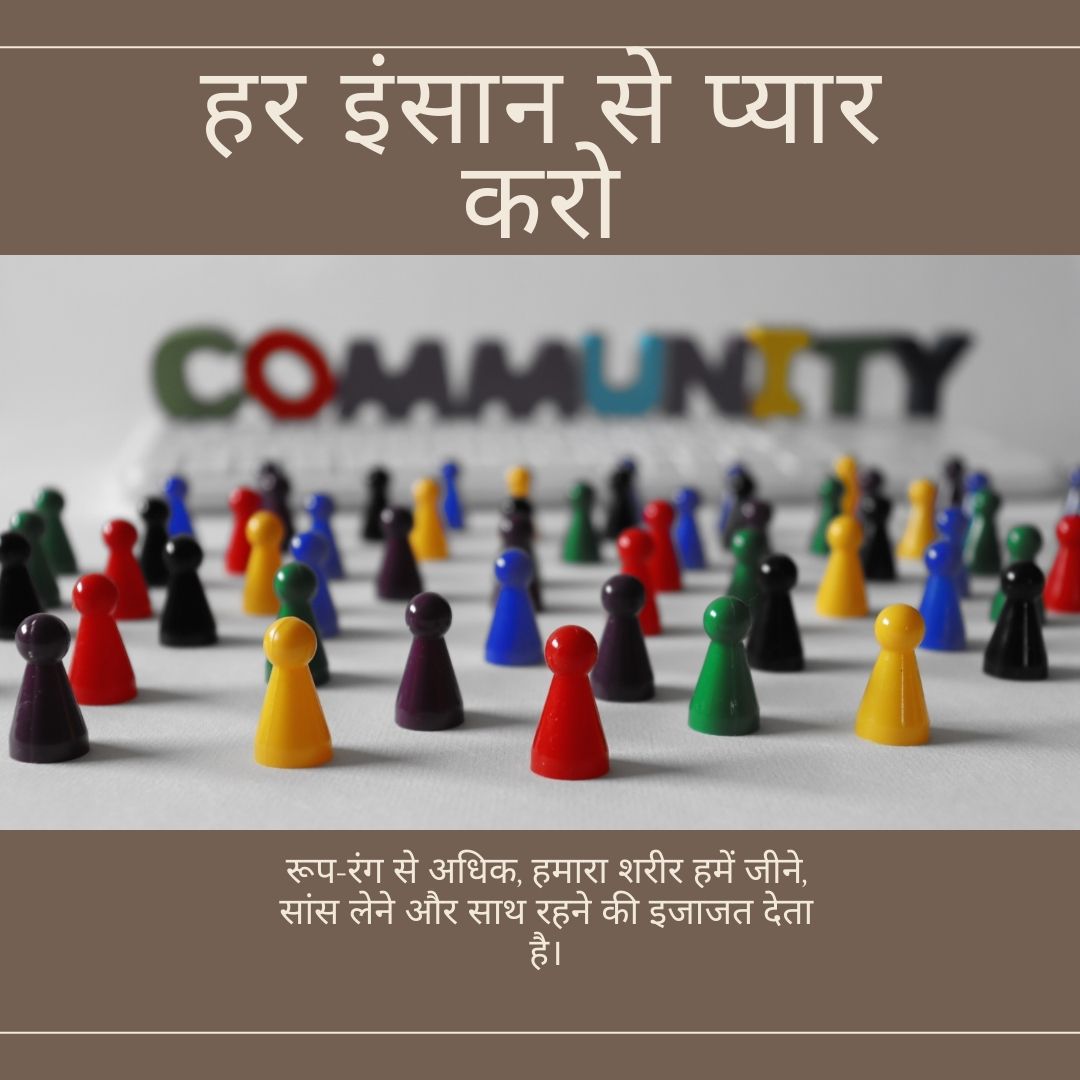Menu

The LGBTQ+ community
The LGBTQ+ community has made significant strides towards equality and acceptance in recent years, but the road to full social inclusion is far from smooth. Despite the progress, individuals within the community continue to face a myriad of social challenges that affect their daily lives. From discrimination and stigma to the complexities of coming out, these hurdles can have a profound impact on mental health, relationships, and overall well-being. In this blog post, we will explore some of the key social challenges faced by the LGBTQ+ community and the ongoing efforts to foster a more inclusive society.
Discrimination and Stigma
Discrimination remains a pervasive issue for many LGBTQ+ individuals, manifesting in various forms such as employment discrimination, unequal access to healthcare, and exclusionary practices. The stigma associated with non-heteronormative identities can lead to a hostile social environment, where individuals may fear being their authentic selves. Microaggressions and derogatory language contribute to the marginalization of LGBTQ+ people, reinforcing harmful stereotypes. Initiatives aimed at combating discrimination, such as anti-bullying campaigns and workplace diversity programs, play a crucial role in dismantling these barriers and fostering a more inclusive society.

Coming Out Challenges
Coming out, the process of disclosing one’s sexual orientation or gender identity, is a deeply personal journey that varies for each individual. While societal attitudes are evolving, the fear of rejection, discrimination, or alienation still looms large. Coming out may be met with acceptance, but it can also lead to strained relationships, isolation, or even violence in extreme cases. The ongoing work of LGBTQ+ advocacy organizations and the normalization of diverse representations in media contribute to creating a more supportive environment for individuals navigating the complex terrain of coming out.
Mental Health Impacts
The social challenges faced by the LGBTQ+ community can take a toll on mental health. The constant pressure to conform to societal expectations, fear of rejection, and the impact of discrimination contribute to higher rates of anxiety, depression, and suicide within the community. Cultivating mental health resources tailored to the unique needs of LGBTQ+ individuals, along with fostering a culture of acceptance, is vital in addressing these concerns. Accessible counseling services, community support networks, and destigmatizing mental health conversations are essential components of building a healthier and more resilient LGBTQ+ community.
Intersectionality and Multiple Identities
Intersectionality plays a crucial role in understanding the diverse experiences within the LGBTQ+ community. Individuals may face additional challenges based on factors such as race, ethnicity, socioeconomic status, and disability. For example, a queer person of color may encounter unique struggles that differ from those of a white LGBTQ+ individual. Recognizing and addressing the intersectional nature of these challenges is essential for creating inclusive spaces that acknowledge the complexities of multiple identities.
Celebrating Progress and Future Goals
Despite the challenges, it’s essential to acknowledge the progress made in recent years. The LGBTQ+ community has achieved significant milestones in legal recognition, representation in media, and cultural acceptance. However, the journey towards full social equality continues. Advocacy, education, and allyship play critical roles in dismantling the remaining barriers. By celebrating diversity, fostering understanding, and promoting inclusivity, society can create an environment where every individual, regardless of their sexual orientation or gender identity, can thrive and contribute fully to the social fabric.
For more information click on this link – The LGBTQAI community
